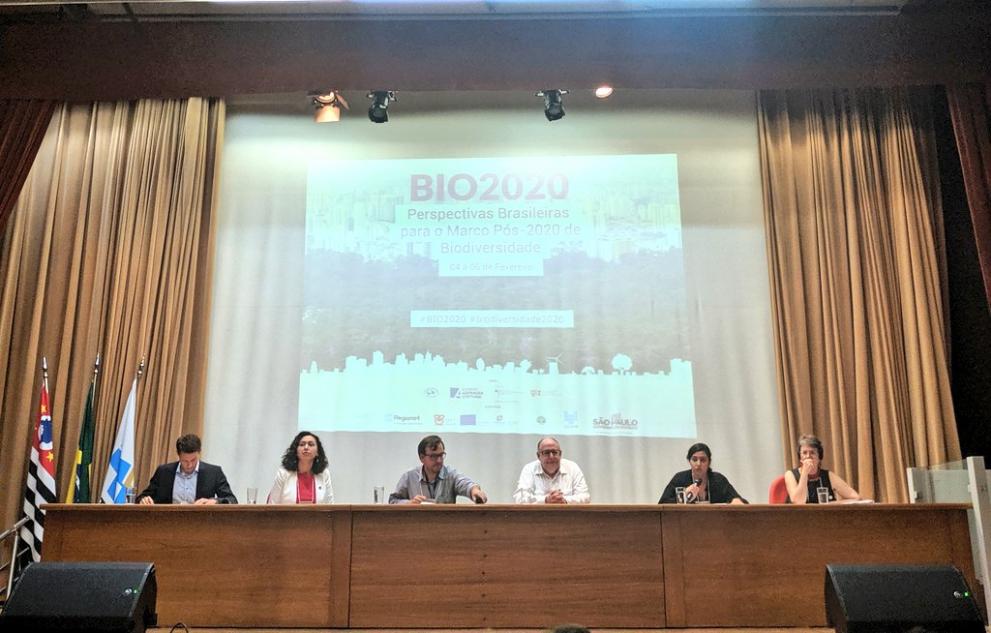
The European Commission has decided to expand and reinforce its programme on International Urban Cooperation (IUC) for sustainable urban development. At least 148 cities from EU and non-EU countries in America, Asia and Australasia will join cooperation actions that are currently under way between 155 cities around the world.
This decision was announced by European Commissioner Elisa Ferreira during the 10th World Urban Forum that is taking place this week in Abu Dhabi, United Arab Emirates, to follow on the implementation of the United Nations Sustainable Development Goals in the urban dimension.
“Cities and urban areas are microcosms of the challenges and opportunities we face today: they are hubs of innovation and culture and centres of prosperity and development. At the same time, cities concentrate the challenges of congestion, pollution, social exclusion and the challenge of providing infrastructure from rapidly changing population”, said the Commissioner, on behalf of the European Union and its 27 member States at the opening ceremony of the Forum. “That is why the UN’s new agenda is so important”, she added.
With this decision the current IUC, which was launched in 2017, will incorporate an inter-regional cooperation on innovation alongside its current urban dimension based on city-to-city cooperation in the field of sustainable urban development.
The new version of the programme, which will be launched in 2020 under the denomination International Urban and Regional Cooperation (IURC), will extend to cities in the EU, Argentina, Australia, Brazil, Canada, Chile, China, Colombia, India, Indonesia, Japan, Malaysia, Mexico, New Zealand, Peru, the Republic of Korea, Thailand, the United States, and Vietnam. The new target areas of Korea, South-East Asia and Australasia will work with European counterparts on sustainable urban development, while Chinese and Japanese participants will focus on regional innovation.
Unlike in the city-to-city cooperation of the IUC current model, in the IURC cities will primarily work in thematic clusters focusing on areas based on the UN New Urban Agenda and the Urban Agenda for the EU. Cities who wish to develop a more intensive cooperation with a European partner will also be able to pursue one-to-one city pairings. The nature of cooperation – in clusters and city-pairs – will be outlined in Urban Cooperation Action Plans, which will lay out actions that cities collaboratively identify to take on during the 18-24 months of their cooperation.
Region-to-region cooperation will follow a similar model of using both thematic clustering and one-on-one pairing. Regional Cooperation Action Plans will act as road maps for cooperation. In this case, however, the focus of work will be on improving and internationalising regional innovation strategies.
Background information
The International Urban Cooperation (IUC) programme run by the Directorate-General for Regional and Urban Policy (DG REGIO) and the Foreign Policy Instruments Service (FPI), enables cities in different global regions to link up and share solutions to common problems. It is part of a long-term strategy by the European Union to foster sustainable urban development in cooperation with the public and private sectors, as well as representatives of research and innovation, community groups and citizens. Through engaging in the IUC, cities have the chance to share and exchange knowledge with their international counterparts, building a greener, more prosperous future. The IUC programme, financed under the Partnership Instrument of the European Union, is an opportunity for local governments to learn from each other, set ambitious targets, forge lasting partnerships, test new solutions, and boost their city’s international profile. Its activities support the achievement of policy objectives, as well as major international agreements on urban development and climate change, such as the EU Urban Agenda, the UN Sustainable Development Goals, and the Paris Agreement.
For more information, please visit the IUC website: https://iuc.eu
Details
- Publication date
- 13 February 2020
- Author
- Service for Foreign Policy Instruments
